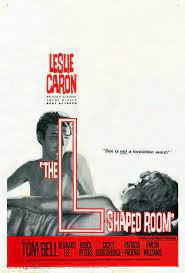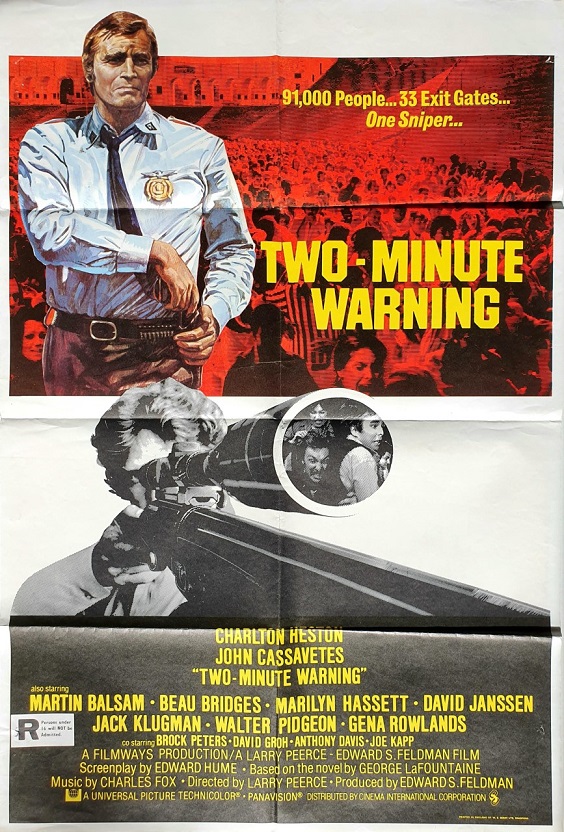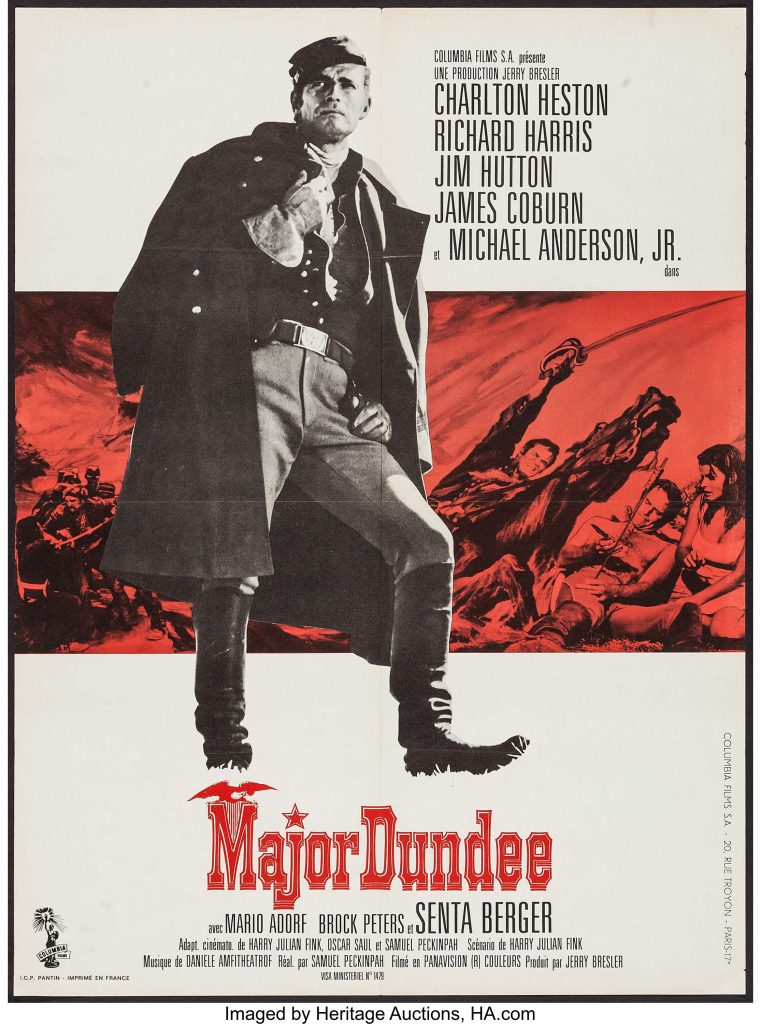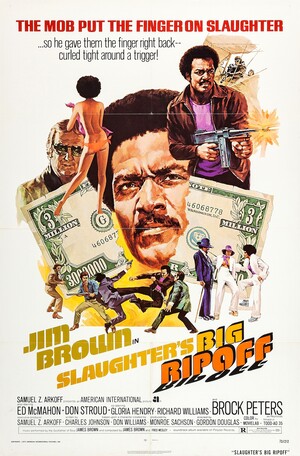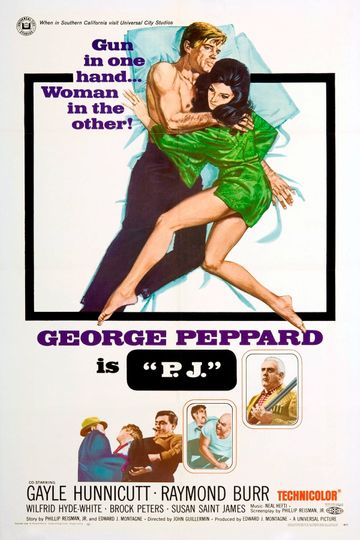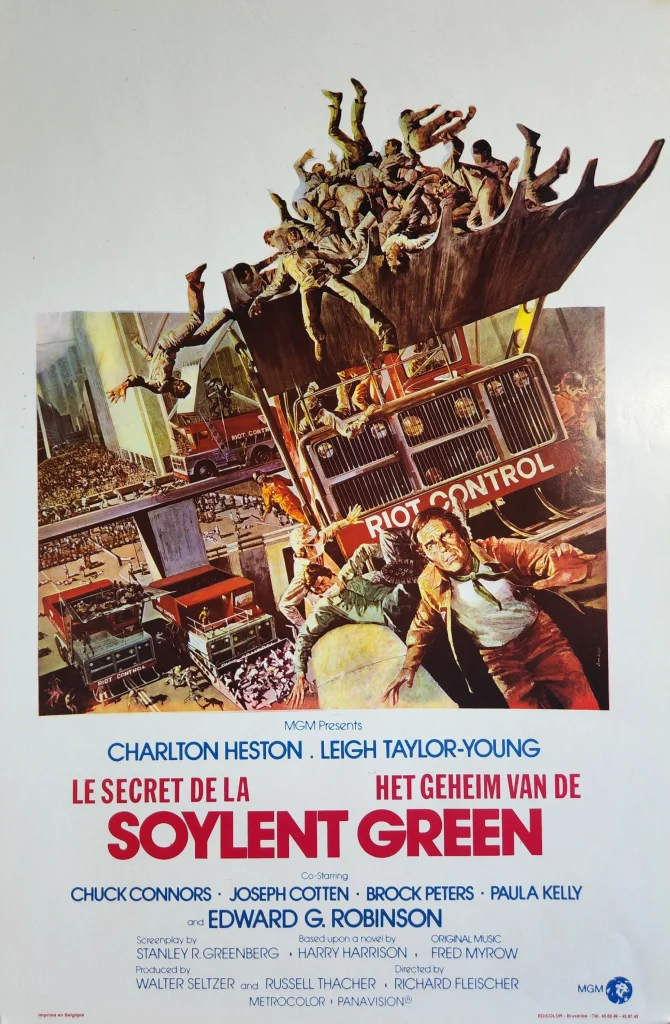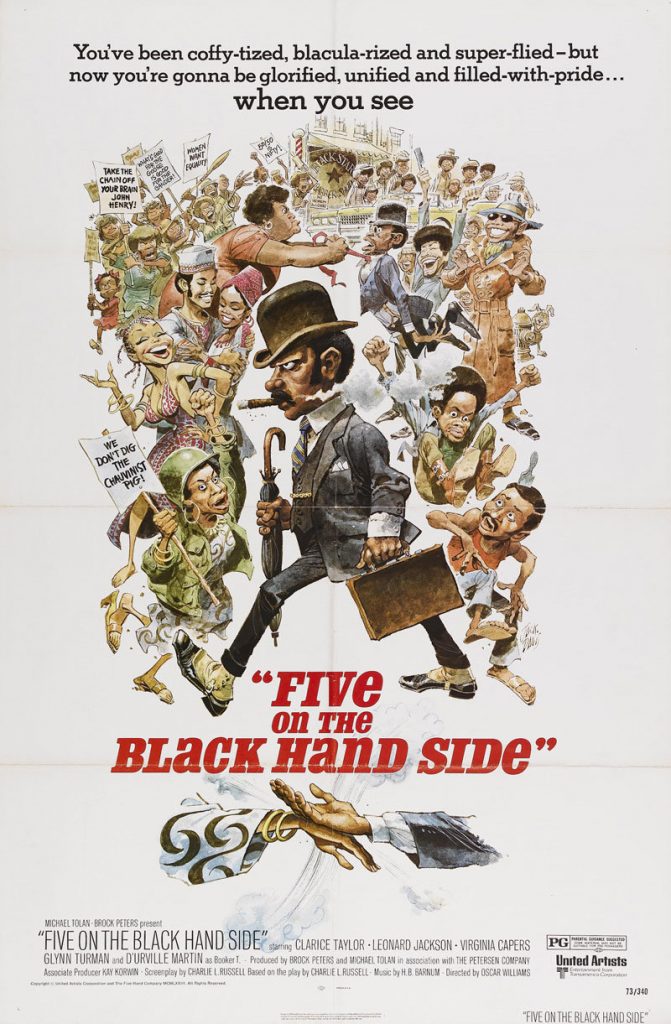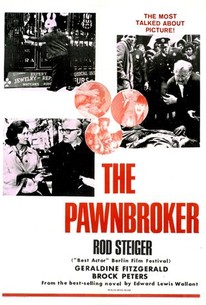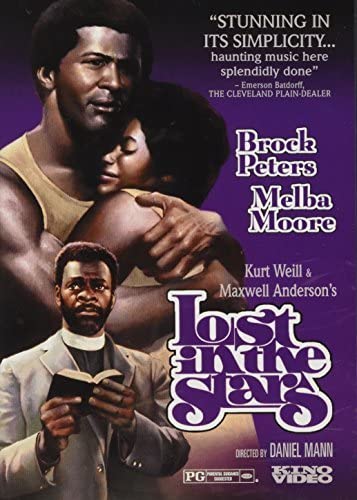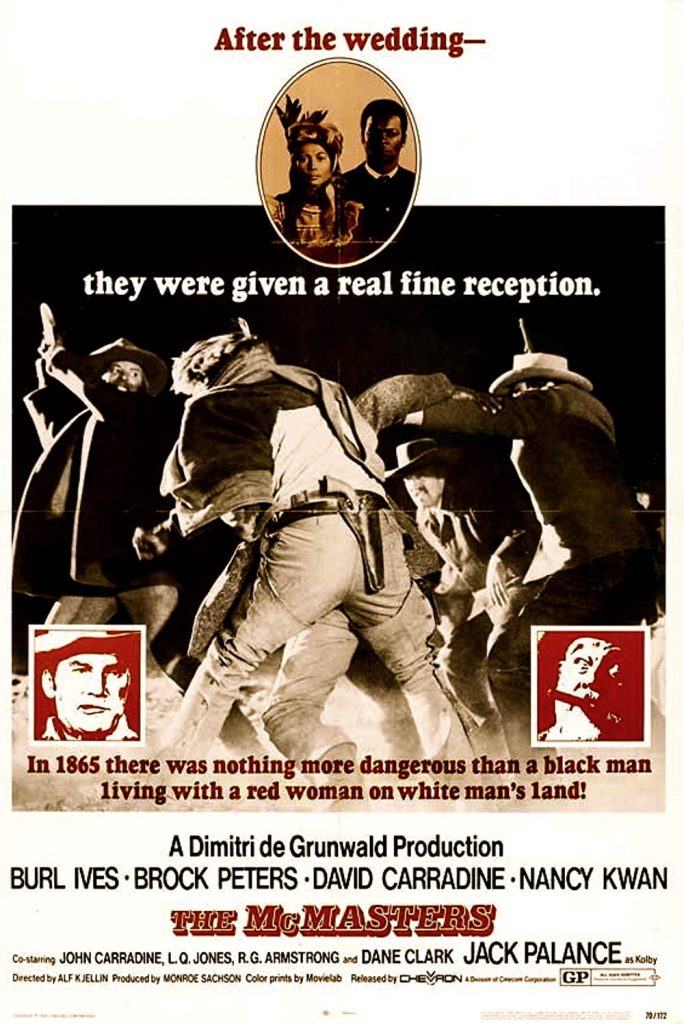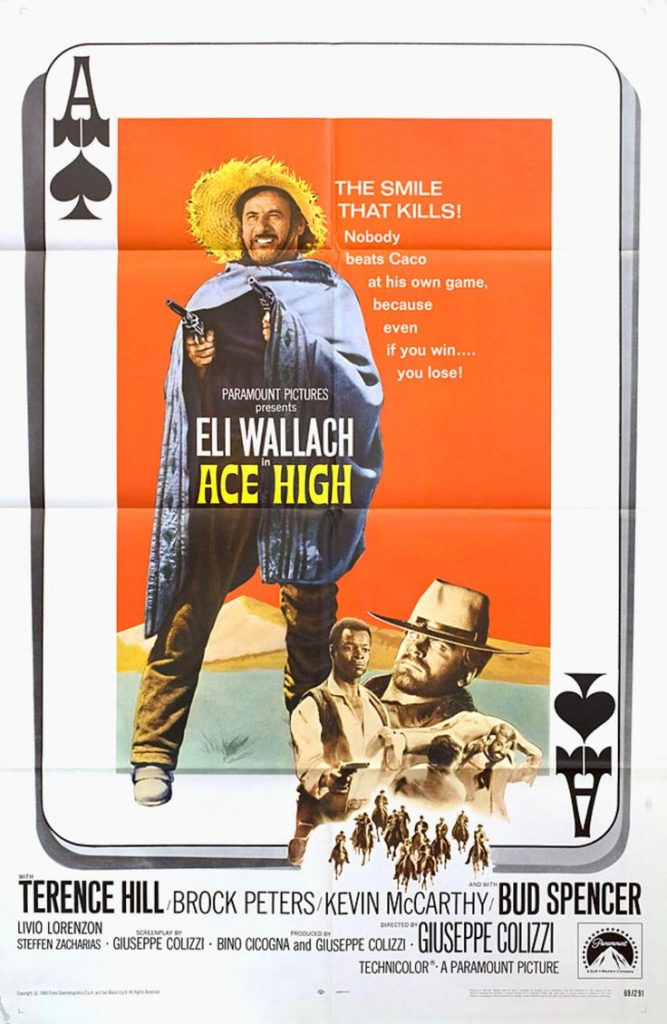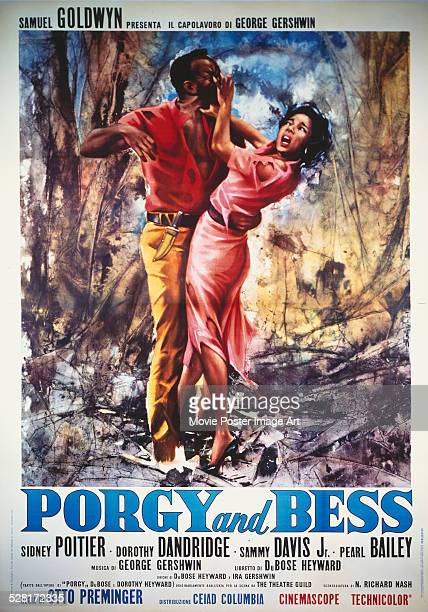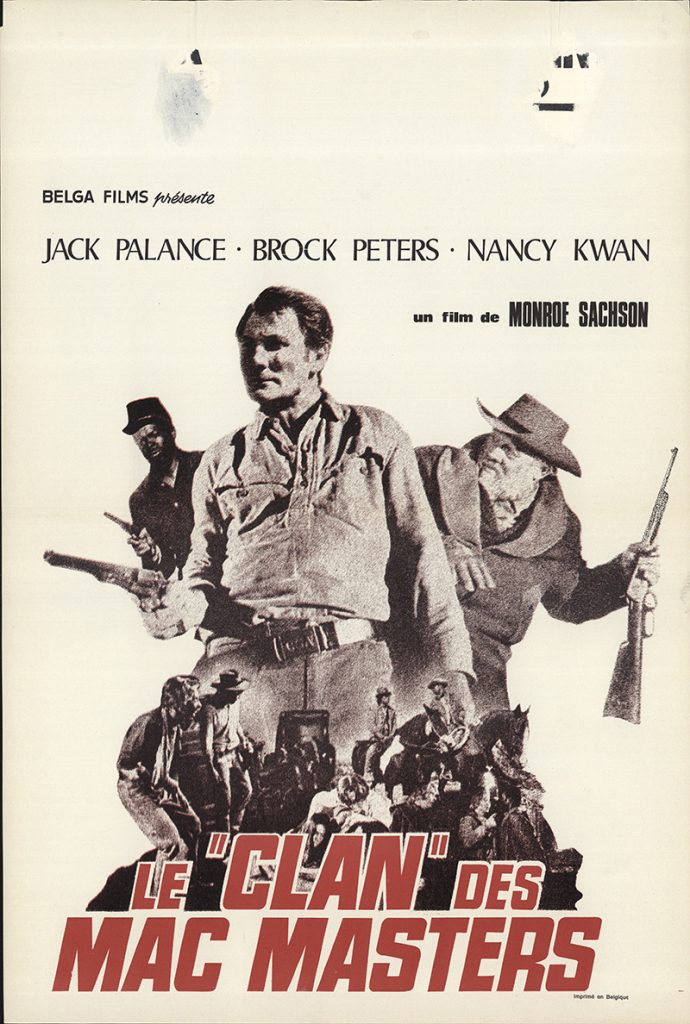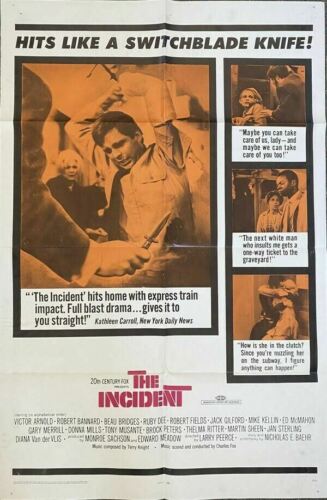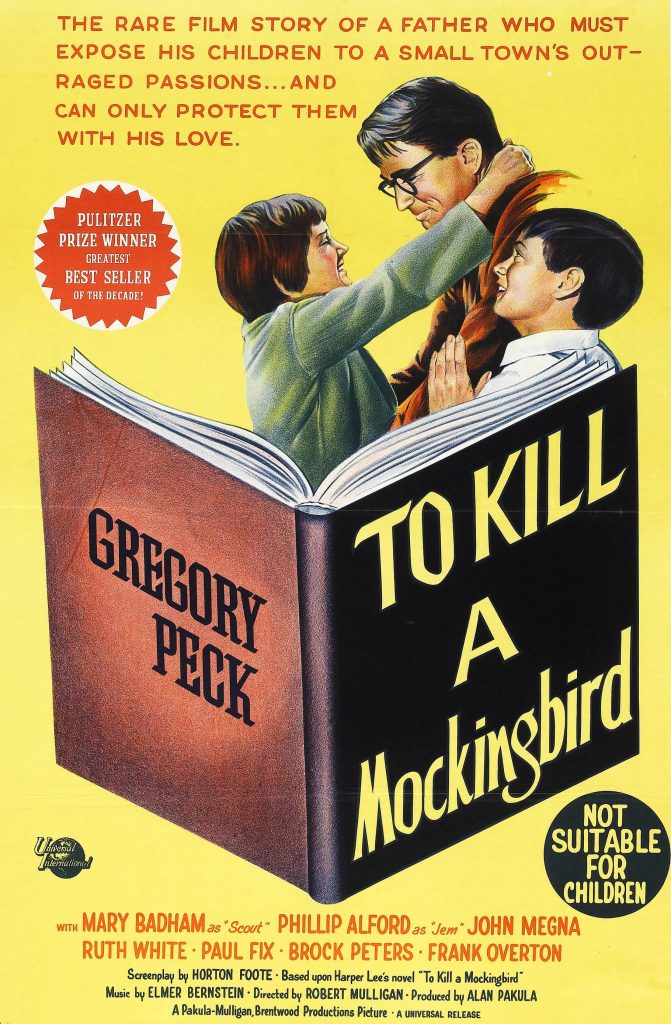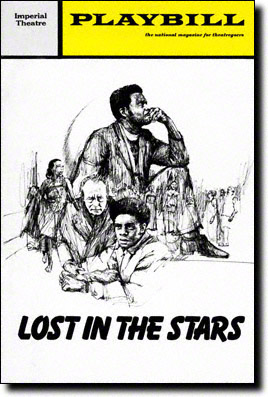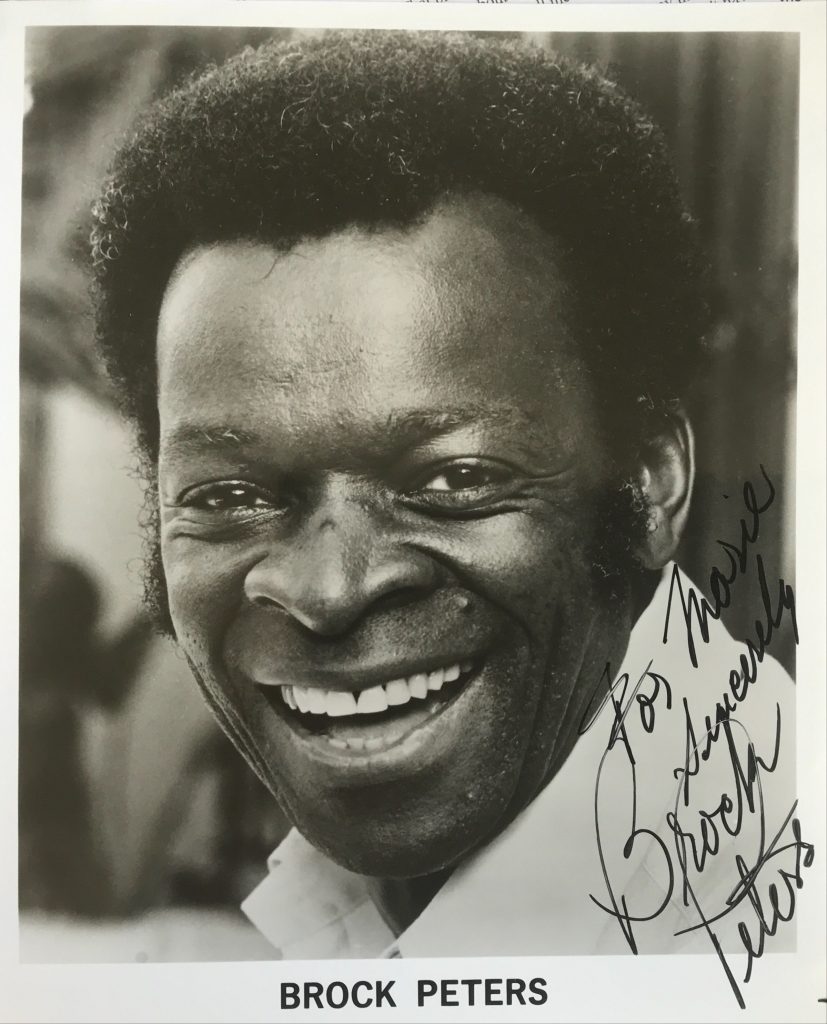
Brock Peters was born in 1927 in New York City.His movie debut was in 1954 in “Carmen Jones”. 1962 was a major year with two terrific performances, Tom Robinson in “To Kill A Mockingbird” and John in “The L Shaped Room” which was made in Britain. Other films include “Major Dundee””The Pawnbroker”, “The Incident” and “Two-Minute Warning”. He died in 2005.
Ronald Bergan’s “Guardian” obituary:
Brock Peters, who has died of pancreatic cancer aged 78, emerged at the time when black actors were beginning to get more assertive and dominant roles in Hollywood movies. Yet, he made his name and is most remembered for the pivotal but passive character of Tom Robinson, the man accused of raping a white girl that liberal lawyer Atticus Finch (Gregory Peck) defends in court in Robert Mulligan’s To Kill A Mockingbird (1962).
A few years ago, Peters related how he got the part. “I found myself the last of two people being considered for this role. And I was really worried because my competition was one of our finest actors: James Earl Jones. My agent called me and said we have a meeting for you to talk with the producers, the director and all those concerned, and after this meeting a decision will be made. Well, of course, I was scared out of my wits. I went into the meeting and I tried not to appear frightened but I wanted to look cool and calm and still suggest the character of Tom Robinson, and do that dressed in a suit.”
Peters went on to describe how as Tom Robinson, he cried on cue. “From day one I had to arrive at a point where I burst into tears, could not contain them, had to try to stifle them, and that’s not easy to do. Once we were on track I needed to go only to the places of pain, remembered pain, experienced pain and the tears would come, really at will.”
Born of African and West Indian parentage as George Fisher in Harlem, New York, he aimed for a showbusiness career from the age of 10. A product of New York’s Music and Arts High School, he made his stage debut at the age of 15 playing one of the children in Catfish Row in a 1943 Broadway revival of Gershwin’s Porgy And Bess, a work in which he was to appear again later on stage and on film.
He continued training for the stage while working as a hospital orderly and shipping clerk. Once, out of despair, he decided to take up physical education studies; until a break came when the 21-year-old was offered a role in a touring company of Porgy And Bess in 1949. He made his television debut in 1953 as a winner on Arthur Godfrey’s Talent Scouts show, and the following year he was cast by the director Otto Preminger in the screen version of Carmen Jones, as the brutal Sergeant Brown. He also used his rich baritone to dub the singing voice of the actor Roy Glenn for the number Whizzin’ Away Along De Track.
He initially clashed with the autocratic director. “One day he chewed me out in front of a lot of people,” said Peters. “I lost my temper and I went for him. Later I discovered he was a charming social personality and very warm, and I was surprised to learn that he was a life member of the NAACP (the National Association for the Advancement of Colored People).”
In 1959, Peters was in Preminger’s screen version of Porgy And Bess in which he played Crown, Bess’s former lover who runs away after killing a man, meets her again during a picnic and tries to rape her after singing the duet What You Want Wid Bess? with Dorothy Dandridge (dubbed by Adele Addison).
Peters was 6ft 3ins, with a powerful voice, piercing eyes and flaring nostrils, and was once described by the Los Angeles Times as a “geyser of an actor who never errs on the side of restraint”. He found himself playing dozens of villains. “It was almost disastrous,” he explained. “Producers didn’t want to see me. They had liked my performances but couldn’t see me as anything but a heavy.”
In the meantime, on stage, Peters appeared less menacingly in three short-lived shows, Mister Johnson (1956) and the musicals The Body Beautiful (1958) and Kwamina (1961) before getting the role in To Kill A Mockingbird, in which he was seen as a gentle janitor.
This led to sympathetic roles in two British films in 1963, Bryan Forbes’s The L-Shaped Room, where he was a gay jazz trumpeter whose best friend falls in love with a pregnant French girl (Leslie Caron), and in the Boulting brothers’ Heavens Above! in which he was a Christian dustman who is appointed churchwarden by the idealistic priest Peter Sellers, much to the consternation of the congregation.
Back in the US he returned as a ghetto gangster in Sidney Lumet’s The Pawnbroker (1965), unusual at the time because black actors seldom played such unsympathetic roles. This was followed by Sam Peckinpah’s Major Dundee, as the leader of a troop of black soldiers. In The Incident (1967), he and Ruby Dee were the only black passengers on a subway train terrorised by two teenagers. In 1970, he had one of his few opportunities to play a leading role in The McMasters, a western in which he was an former slave who inherits property. Back on stage, Peters was nominated for a Tony for his performance as Reverend Stephen Kumalo, the priest in apartheid South Africa in the 1972 revival of the Kurt Weill-Maxwell Anderson musical Lost In The Stars, adapted from the Alan Paton novel, Cry, The Beloved Country. (It was a role he recreated in the film version the following year.)
Peters was kept busy in television series such as Roots: The Next Generations (1979) and The Young and The Restless (1982-1989) to Star Trek: Deep Space Nine (1997 and 1998). He also starred in two feature film spinoffs, Star Trek IV: The Voyage Home (1986) and Star Trek VI: The Undiscovered Country (1991) as a Starfleet admiral whose disapproval of a Klingon peace treaty leads him to take action.
Peters, a widower, is survived by his companion, Marilyn Darby, and his daughter.
· Brock Peters, actor; born July 2 1927; died August 23 2005
The above “Guardian” obituary can also be accessed online here.
